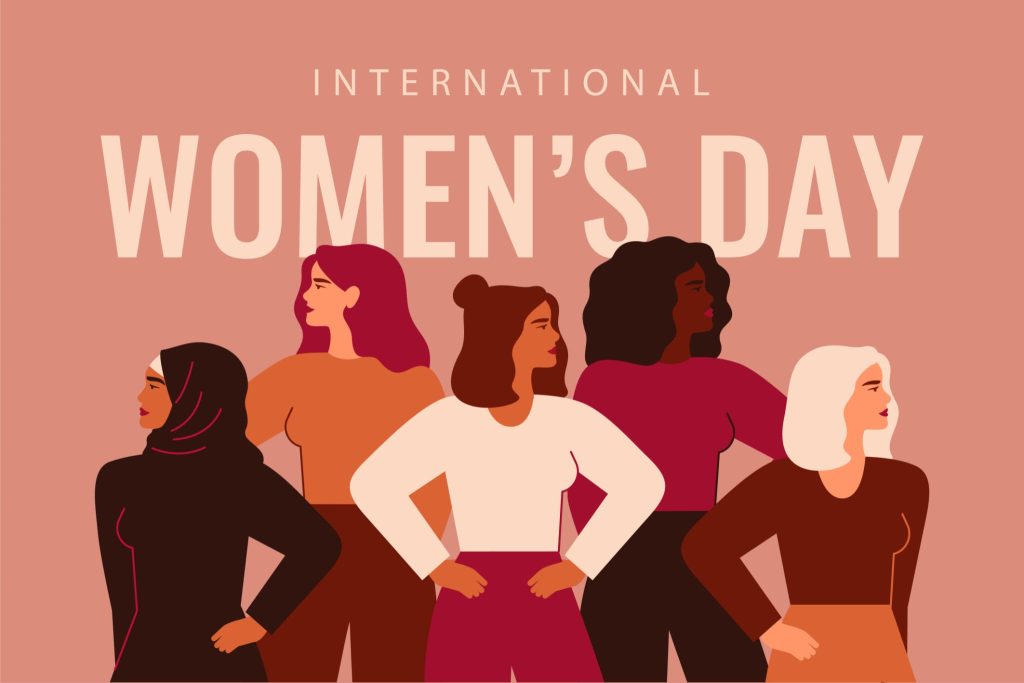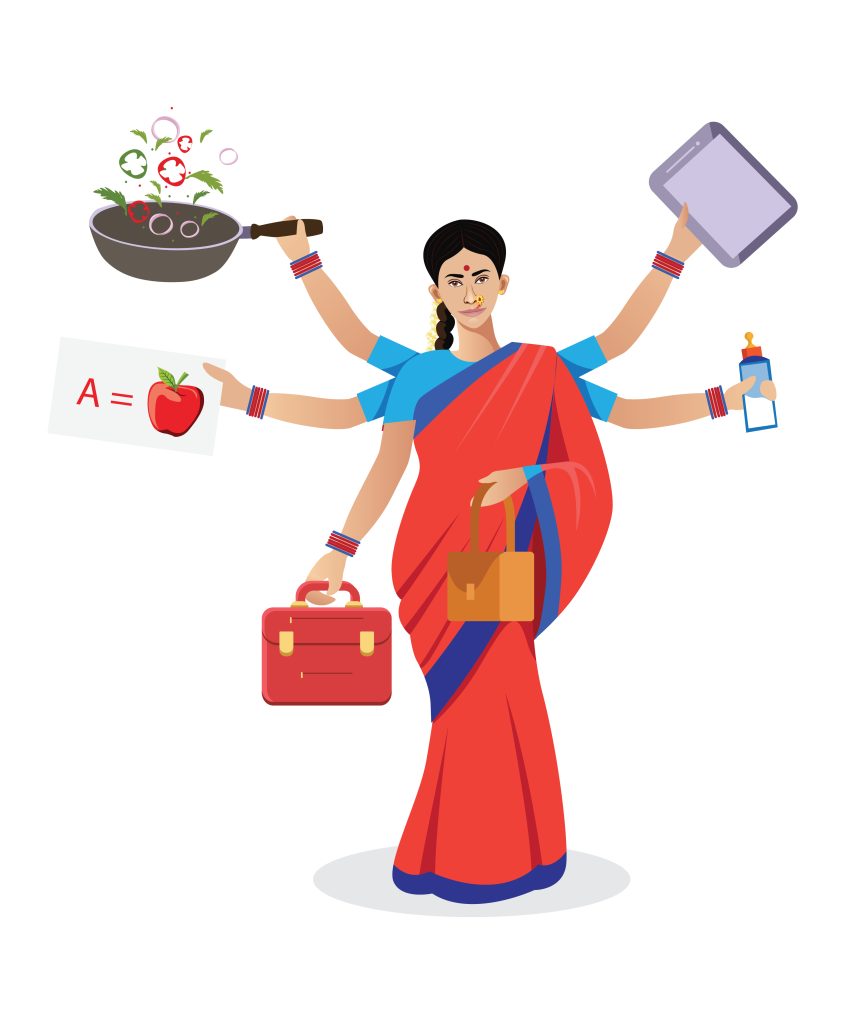What is the speciality of women’s day? Women’s Day, celebrated globally on March 8, is a poignant reminder of the progress made towards women’s rights and a call to action for accelerating gender parity. This day serves not only as a celebration of the achievements of women but also as a platform to address the ongoing challenges they face in various spheres of life.

What is the Speciality of Women’s Day?
Understanding the Essence of Women’s Day
Women’s Day is a celebration that embodies the struggle for gender equality, women’s rights, and social justice. It highlights the historical and contemporary contributions of women to society. The celebration is marked by various events worldwide, fostering awareness and promoting dialogue about the significance of women’s issues.
Cultural and Global Observances
Various countries celebrate Women’s Day with unique traditions that resonate with their cultural values. Events can be formal or informal, ranging from educational conferences and discussions to rallies advocating for women’s rights. The diversity in celebration underscores the universal importance of gender equality.
- Key Themes:
- Empowerment
- Equality
- Recognition
- Advocacy
Why is Women’s Day Celebrated?
The Purpose Behind the Celebration
Women’s Day is celebrated to acknowledge the achievements of women across various fields, including politics, science, arts, and social activism. It also serves as a reminder of the ongoing fight for equal rights, including issues like pay equity, reproductive rights, and protection against gender-based violence.

Raising Awareness and Recognition
This day provides a platform to raise awareness about the issues women face globally. It encourages discussions on topics such as gender discrimination, workplace inequality, and domestic violence, fostering a deeper understanding of the necessity for change.
- Reasons for Celebration:
- Recognizing women’s achievements
- Advocating for gender equality
- Raising awareness on women’s issues
- Encouraging solidarity among women
International Women’s Day 2026
Looking Ahead to Future Celebrations
International Women’s Day in 2026 will continue to build on the themes of empowerment and equality. The events planned for this day will likely focus on innovative solutions to the evolving challenges women face in the modern world.
The Anticipated Themes and Activities
In preparation for the 2026 observance, organizations and countries may announce specific themes and activities aimed at promoting women’s rights and highlighting their contributions.
- Possible Themes for 2026:
- “Empowering Women in Technology”
- “Women Leading Change”
- “Breaking Barriers in Leadership”
When is Women’s Day Celebrated in India?
Indian Context of Women’s Day
In India, Women’s Day is celebrated on March 8, aligning with the global observance. The day is marked by various events across the nation, including seminars, workshops, and cultural programs that spotlight women’s achievements and issues.
Historical Significance in India
The celebration of Women’s Day in India has gained momentum over the years, reflecting the country’s commitment to promoting gender equality and women’s empowerment. Events often focus on the challenges women face in society, such as education, health, and employment.
- Celebration Activities:
- Workshops on women’s rights
- Awareness campaigns
- Cultural programs
What Happened on Women’s Day?
Historical Events
March 8 has a rich historical significance. It began as a labor movement in the early 1900s, with women in various countries organizing protests against poor working conditions and demanding voting rights. This led to the first official celebration of Women’s Day in 1911.
Modern Observances
In contemporary times, Women’s Day is recognized through various global events, ranging from rallies advocating for women’s rights to campaigns highlighting gender-based violence and discrimination.
- Commemorative Events:
- Protests
- Educational campaigns
- Social media awareness
Why Do We Celebrate Women’s Day on March 8?
The Historical Choice of Date
The date March 8 was chosen to honor the women’s rights movement that began in the early 20th century. The first official Women’s Day was celebrated on March 19, 1911, but it was later moved to March 8 in 1913, cementing this date in history.
Global Adoption of March 8
March 8 was adopted by the United Nations in 1977 as International Women’s Day, which is celebrated worldwide. This date represents a unified global call for gender equality and women’s rights.
- Significance of March 8:
- Historical protests
- UN endorsement
- Global recognition
Importance of International Women’s Day (PDF)

Overview of the Significance
The importance of International Women’s Day is vast, encompassing economic, social, and cultural dimensions. It serves as a reminder of the progress made towards women’s rights while also highlighting the work that still needs to be done.
Educational Resources
Numerous resources, including PDFs and informational guides, are available that outline the significance of this day, emphasizing its relevance in contemporary society. These documents provide insight into gender equality issues and the strides made by women throughout history.
- Key Takeaways from PDF Resources:
- Historical background
- Current challenges faced by women
- Calls to action for gender equality
Who Started International Women’s Day?
The Pioneers Behind Women’s Day
International Women’s Day was first proposed by Clara Zetkin, a German activist, at the Second International Socialist Women’s Congress in 1910. Her idea was to create a day dedicated to advocating for women’s rights and suffrage.
Evolution of the Movement
Following its inception, Women’s Day gained traction, with various countries adopting it as a day of recognition for women’s rights and contributions. The movement has since evolved into a global phenomenon advocating for women’s empowerment.
- Founding Figures:
- Clara Zetkin
- Luise Zietz
- other early activists
History of International Women’s Day
Timeline of Events
The history of International Women’s Day dates back to the early 1900s, a time of social upheaval and change. Here is a brief timeline:
| Year | Event |
|---|---|
| 1908 | 15,000 women marched in New York City for voting rights. |
| 1910 | Clara Zetkin proposes International Women’s Day. |
| 1911 | First official Women’s Day celebrated in Austria, Denmark, Germany, and Switzerland. |
| 1977 | United Nations invites member states to proclaim March 8 as International Women’s Day. |
Key Milestones
Throughout its history, International Women’s Day has adapted to reflect the changing societal norms and the evolving landscape of women’s rights, making it a vital day for advocacy.
What is the Importance of Women’s Day?
Empowerment and Advocacy
The importance of Women’s Day lies in its ability to empower women and raise awareness about the challenges they face. It highlights the need for gender equality and encourages women to take action in their communities.
Celebrating Achievements
This day is an opportunity to celebrate the significant contributions of women in various fields, inspiring future generations to continue the fight for equality and justice.
- Benefits of Celebrating Women’s Day:
- Empowering women
- Raising awareness
- Celebrating achievements
- Fostering solidarity
What is the Significance of Women’s Equality Day?
Recognizing the Fight for Equality
Women’s Equality Day, celebrated on August 26 in the United States, commemorates the certification of the 19th Amendment granting women the right to vote. It is a reminder of the ongoing struggle for women’s rights and gender equality.
Building Awareness
The significance of Women’s Equality Day lies in its ability to raise awareness about the disparities that still exist and the work needed to achieve true equality.
Why is Women’s Day Important to Us?
Personal Reflection
Women’s Day is important because it allows for personal reflection on the roles women play in our lives, from mothers and sisters to leaders and innovators. It encourages everyone to appreciate and advocate for women’s rights.
Collective Responsibility
Celebrating Women’s Day is not just a women’s issue; it’s a societal responsibility. It calls for collective action to ensure that women everywhere have the rights and opportunities they deserve.
In conclusion, Women’s Day serves as a powerful reminder of the progress made towards gender equality and the work that still lies ahead. It is an opportunity to celebrate women’s achievements, raise awareness about ongoing issues, and inspire action towards a more equitable world. Explore whatisthespecialty.com for more popular days and events.
FAQs on What Is The Speciality of Women’s Day?
What is the message of Women’s Day?
The message of Women’s Day emphasizes empowerment, equality, and the importance of advocating for women’s rights.
Why is Women’s Day special?
Women’s Day is special as it honors the contributions and achievements of women while highlighting the ongoing struggles for gender equality and justice.
What is the famous quote for Women’s Day?

One famous quote for Women’s Day is by Malala Yousafzai: “I raise up my voice—not so that I can shout, but so that those without a voice can be heard.”
What can I do to celebrate Women’s Day?
You can celebrate Women’s Day by participating in local events, educating yourself and others about women’s rights, and advocating for gender equality in your community.
How can Women’s Day impact future generations?
Women’s Day can impact future generations by raising awareness about the importance of gender equality, inspiring young people to fight for their rights, and promoting a culture of respect and empowerment.
This extensive exploration of Women’s Day highlights its significance and the continuous need for advocacy and equality, encouraging everyone to participate in this global celebration.
